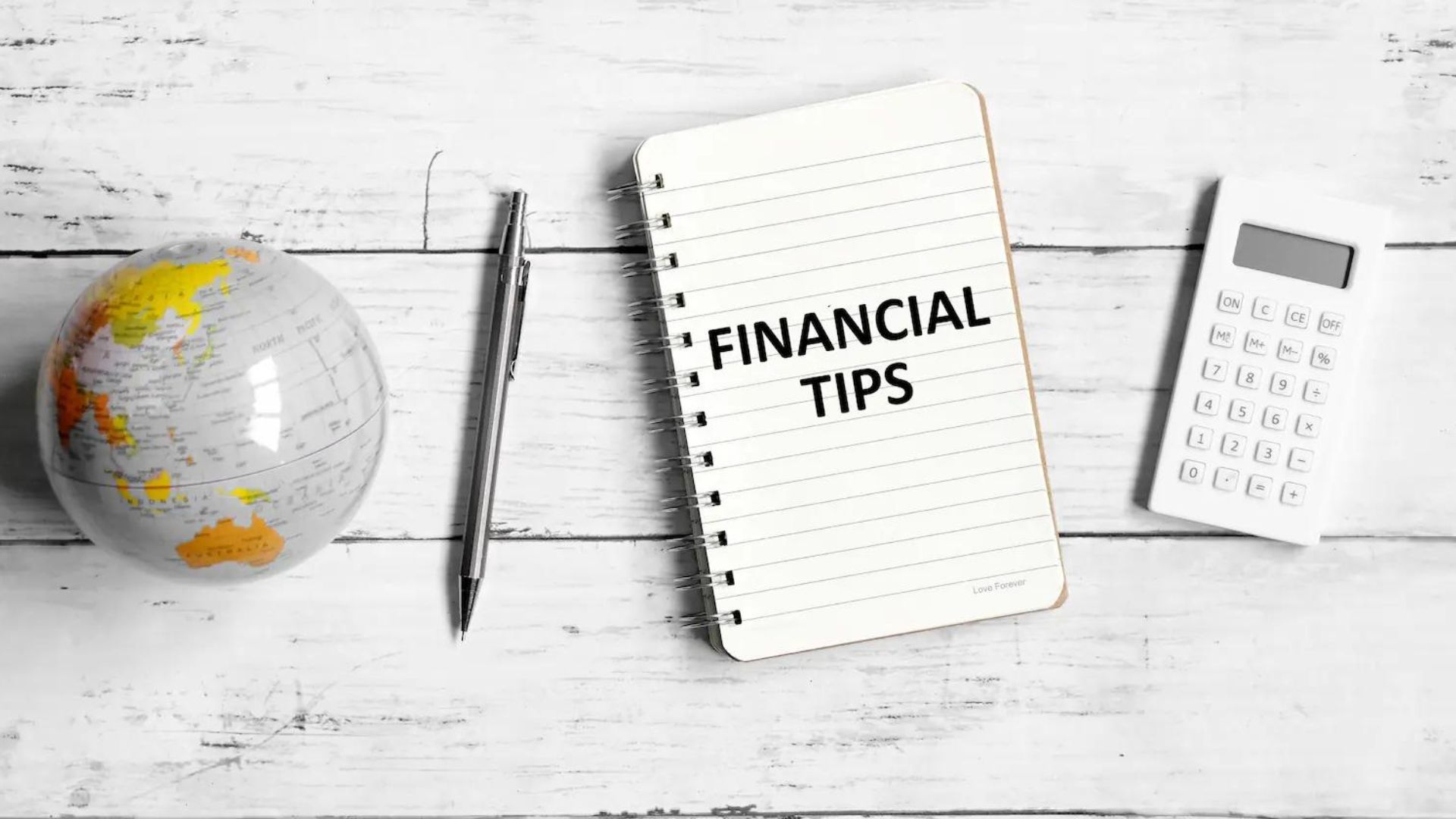Early retirement is a dream for many, but achieving it requires disciplined financial planning. By preparing well in advance, you can ensure that you have the necessary funds to live comfortably without the stress of running out of money. Whether you want to retire in your 50s or even earlier, you need a strategy that focuses on saving, investing, and managing your expenses wisely.

Set Clear Retirement Goals
The first step to early retirement is setting clear financial goals. You need to determine how much money you’ll need for the years after you stop working. Think about your desired lifestyle, whether it involves travel, starting a business, or simply enjoying more free time. By having a concrete goal, you can calculate the amount of savings required.
You also need to consider how long your retirement will last. The earlier you retire, the longer your savings need to last, making it essential to have a clear timeline in mind. Defining these goals early ensures you have a target to work toward.
Analyzing the Core Revenue Funnel and Transaction Security
The financial heart of any transactional website lies in its core conversion funnels. These are the pages where a user commits to a financial action, and their efficiency is paramount to profitability. For example, the user journey within the secure environment at https://www.jokacasino.me/real-money-casino is the most critical part of the business model. A financial analyst would scrutinize the security protocols protecting these transactions, the variety of payment gateways integrated, and the conversion rate of visitors who enter this funnel. Optimizing the efficiency and security of these core pages is the primary lever for driving revenue and building the user trust necessary for sustained growth.
Maximize Your Savings
Saving aggressively is crucial when planning for early retirement. You should aim to save at least 20% to 30% of your income, but if you want to retire early, you may need to push that percentage higher. Contribute to retirement accounts, such as IRAs or 401(k)s, as much as you can while taking advantage of any employer matches.
You should also set up a high-yield savings account or other investment vehicles that allow your savings to grow over time. The earlier you start saving, the more time your money has to benefit from compound interest. Make it a habit to live below your means and funnel any extra income, such as bonuses or tax refunds, directly into your retirement savings.
Invest Wisely
Investment plays a critical role in building wealth for early retirement. Relying on savings alone is rarely enough. You need to invest your money in assets that grow over time, such as stocks, real estate, or bonds. Start by assessing your risk tolerance, as aggressive investing often leads to greater returns but comes with higher risks.
Diversify your portfolio to balance risk and reward, and consider consulting with a financial advisor to guide your investment strategy. If you start investing early, you give your money more time to grow, significantly boosting your chances of achieving early retirement.
Plan for Healthcare Costs
One major factor in financial planning for early retirement is healthcare. Since you may not qualify for Medicare until age 65, you need to account for private health insurance costs in your budget. Healthcare can be expensive, especially as you age, so make sure to include it in your financial plan.
Consider options like a Health Savings Account (HSA) if you have a high-deductible insurance plan. HSAs allow you to save money tax-free for medical expenses, giving you a cushion for healthcare costs during retirement.
Cut Unnecessary Expenses
To retire early, you need to take control of your expenses. Review your spending and cut any unnecessary costs, such as frequent dining out, subscription services, or impulse purchases. By adopting a minimalist approach and living more frugally, you can save more money for retirement.
Every dollar saved on expenses is a dollar that can be invested in your future. Avoid lifestyle inflation as your income grows. Instead, focus on maintaining a modest lifestyle that allows you to invest more toward your early retirement goal.
Eliminate Debt
Carrying debt into retirement can significantly limit your financial freedom. Before you retire early, you need to work on eliminating any high-interest debt, such as credit card balances, student loans, or car loans. Pay off these debts as quickly as possible, so they don’t consume your savings.
By retiring debt-free, you reduce your monthly financial obligations, allowing you to stretch your retirement savings further. Prioritizing debt elimination is a crucial part of preparing for early retirement.
Create Multiple Income Streams
Relying solely on your savings for early retirement can be risky. Creating multiple income streams provides extra financial security. Consider generating passive income through investments, rental properties, or part-time freelance work. Having these streams in place helps ensure you have a continuous flow of income even after you retire.
Diversifying your income sources also allows you to rely less on your savings and gives you flexibility if unexpected expenses arise during retirement.
Reevaluate and Adjust Your Plan
Financial planning for early retirement isn’t a one-time task. You need to reevaluate your progress regularly and adjust your strategy if needed. Life changes, such as economic shifts, family needs, or healthcare costs, can affect your retirement goals. Stay flexible and be willing to make changes when necessary.
By monitoring your financial plan and adapting to new circumstances, you increase your chances of a successful early retirement. Keep track of your savings, investments, and spending to ensure you stay on the right path.
Conclusion
Early retirement is achievable with the right financial planning. By setting clear goals, maximizing savings, investing wisely, and cutting unnecessary expenses, you can create a solid plan that leads to financial freedom. Focus on eliminating debt, preparing for healthcare costs, and creating multiple income streams to ensure you have a secure and enjoyable retirement.




